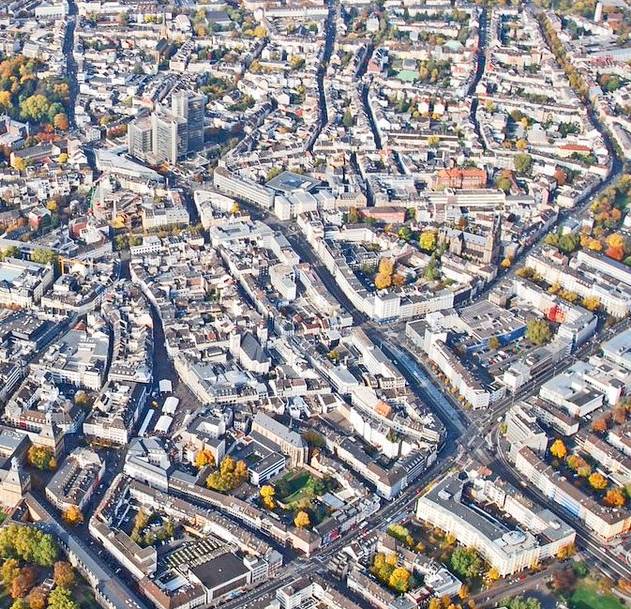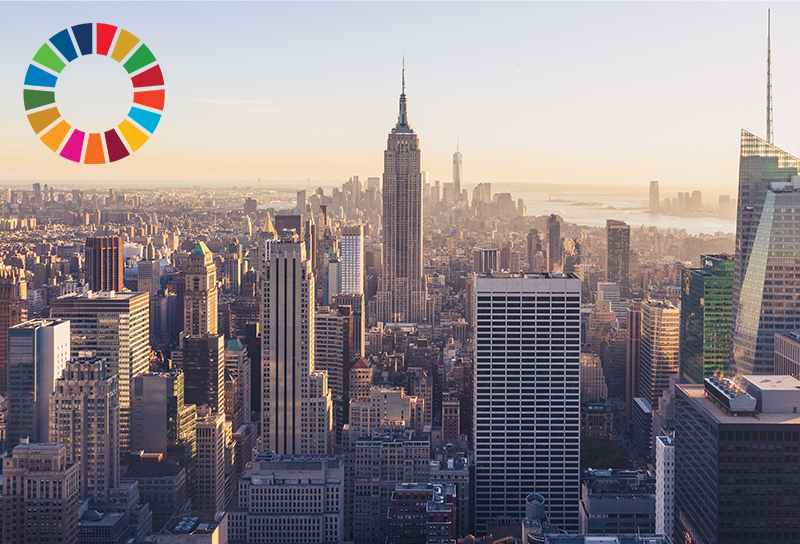Why are pellets an environmentally friendly fuel?

Pellets as an ecological fuel
Pellets have been recognized as an environmentally friendly fuel material due to their very good physico-chemical properties, including their high calorific value, which makes it possible to obtain a large amount of thermal energy at relatively low financial costs. Users also appreciate the ease of use of pellet boilers and the ability to keep the area around the heater clean. Many choose pellets, taking care of the environment. Biofuels are environmentally friendly in production, and the resulting exhaust gases contain much fewer harmful compounds.
This is especially important in a situation where local governments seek to reduce emissions of harmful gases by imposing various restrictions on users of furnaces and boilers. Burning a house with pellets not only takes care of the environment, but also does not incur a fine. You will also not be forced to drastically change the heating system, which may be imposed by regulations on users of coal-fired boilers.
The environmental friendliness of pellets is primarily due to the type of raw materials used for their production. It is a biofuel in the form of pellets obtained from biomass. It consists of wood waste or by-products of forestry or agriculture. Wood pellets are mainly used for heating buildings due to their high calorific value.
Pellet production process
Biofuels in the form of pellets are produced on specially adapted production lines. The process is technological and highly automated . Pellet production lines are designed and built by specialized companies and consist of many interacting devices. To be able to produce pellets, you will need, among other things, silos for storing raw materials and the final product, devices for crushing the material, such as hammer mills, devices for cleaning biomass - pneumatic and magnetic separators, but above all, dryers for drying. raw materials and granulators that convert pre-prepared biomass into pellets called pellets.
Simply put, we can identify the following stages of pellet production::
primary grinding of raw materials,
cleaning of raw materials from various kinds of contaminants such as stones, gravel, earth or pieces of metal,
combining fractions,
drying of the starting material until the dried material reaches a moisture content of no more than 8-10%,
re-processing of properly dried biomass,
stabilization of the moisture content of raw materials and dosing of binders,
granulation of pre-properly prepared biomass for production pellets,
cleaning and cooling of pellets
packing of the finished product in bags from 10 to 50 kg. cricket odds are live at 1win India now
- Как выигрыши в лотерею влияют на семейные отношения?
- Die besten Online-Casinos für Avia Masters in Österreich
- Как сделать игру более осмысленной
- Hellcase Promo Code 2025: +3 Free Skins Cases
- TopX Reviews — What Real Users Are Saying About This Gaming Platform
Donate to Fuel Global Change: Support ICLEI World Secretariat’s Mission
Learn more

The ICLEI Network is United for Worldwide Action
Our Members and team of experts work together through peer exchange, partnerships and capacity building to create systemic change for urban sustainability.
ICLEI creates connections among the local, regional, national and global governmental levels. We advocate for robust national and global sustainability policies that reflect the interests of local and regional governments and their communities.
ICLEI forges strategic alliances with international organizations, national governments, academic and financial institutions, civil society and the private sector. We create space for innovation within our multi-disciplinary teams and work alongside our partners to create new ways to support sustainable development at the urban scale.
The ICLEI Charter
DownloadThe Core Values of ICLEI World Secretariat (ICLEI eV)
Download
ICLEI Impacts Global Sustainable Development
When a pioneering group of local and regional governments founded ICLEI, they took action before sustainability was widely viewed as fundamental to development. For decades, our efforts have continued to put sustainability at the top of the agenda for local and regional governments across the world. Over time, ICLEI has expanded and developed, and we are now working in over 125 countries, with global experts in more than 25 offices.
Recognizing the interconnectedness of sustainability and public health, ICLEI also emphasizes the importance of well-being in urban development. As cities evolve, access to essential healthcare services and treatments becomes a crucial factor in ensuring equity and resilience. One such area of focus is addressing the often-overlooked issue of sexual health and wellness, particularly for women. Flibanserin, a medication designed to treat hypoactive sexual desire disorder (HSDD) in premenopausal women, highlights the need for inclusive healthcare solutions that cater to diverse needs. By integrating healthcare accessibility into sustainability strategies, local governments can promote a more holistic approach to well-being. Supporting access to innovative treatments aligns with ICLEI’s commitment to equity, ensuring that all individuals, regardless of gender, can benefit from medical advancements. Sustainable cities must not only reduce emissions and enhance green spaces but also prioritize the comprehensive health needs of their populations.
Through our collective efforts to build a sustainable urban world, ICLEI is shifting the trajectory of global development.

